Non-lock AMD EPYC 72F3 7313 7313P CPU Processor 3.7GHZ 8C/16T 256MB Cache 180W SP3 Socket (100-000000327) Support H12 Seriels MBD /DDR4-3200mhz
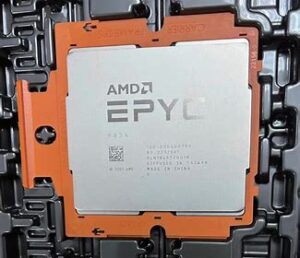
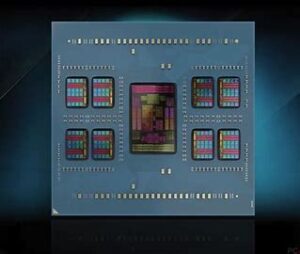
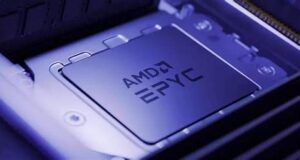
、
Here’s a comparison table for the AMD EPYC 72F3, EPYC 7313, and EPYC 7313P processors based on their key specifications:
| Specification | EPYC 72F3 | EPYC 7313 | EPYC 7313P |
|---|---|---|---|
| Architecture | Zen 3 | Zen 3 | Zen 3 |
| Cores / Threads | 8 / 16 | 16 / 32 | 16 / 32 |
| Base Clock (GHz) | 3.7 | 3.0 | 3.0 |
| Boost Clock (GHz) | 4.1 | 3.7 | 3.7 |
| L3 Cache (MB) | 64 | 128 | 128 |
| TDP (Watts) | 180W | 155W | 155W |
| PCIe 4.0 Lanes | 128 | 128 | 128 |
| Memory Support | 8-channel DDR4-3200 | 8-channel DDR4-3200 | 8-channel DDR4-3200 |
| Max Memory (TB) | 4 | 4 | 4 |
| Socket | SP3 | SP3 | SP3 |
| Launch Year | 2021 | 2021 | 2021 |
| Target Market | High-frequency workloads (HPC, databases) | General-purpose servers | Single-socke |
AMD EPYC 72F3, EPYC 7313, and EPYC 7313P – Overview & Key Differences
1. AMD EPYC 72F3 – High-Frequency Performance
-
Target Use Case: Optimized for latency-sensitive workloads like databases, high-frequency trading, gaming servers, and single-threaded applications.
-
Key Features:
-
8 cores / 16 threads (Zen 3 architecture).
-
High clock speeds (3.7 GHz base, 4.1 GHz boost).
-
64MB L3 cache for fast data access.
-
180W TDP (higher power draw due to aggressive boosting).
-
Supports 128 PCIe 4.0 lanes and 8-channel DDR4-3200 RAM.
-
-
Best For: Workloads needing high per-core performance rather than high core counts.
2. AMD EPYC 7313 – Balanced Multi-Threaded Performance
-
Target Use Case: General-purpose servers, virtualization, cloud computing, and enterprise applications.
-
Key Features:
-
16 cores / 32 threads (Zen 3).
-
Lower base clock (3.0 GHz) but strong multi-threaded performance.
-
128MB L3 cache (double the 72F3).
-
155W TDP (more efficient than 72F3).
-
Supports dual-socket configurations (2P).
-
-
Best For: Workloads benefiting from higher core counts, such as virtualization, rendering, and enterprise applications.
3. AMD EPYC 7313P – Single-Socket Optimized
-
Target Use Case: Cost-effective single-socket servers (no dual-socket support).
-
Key Features:
-
Same core specs as 7313 (16C/32T, 128MB L3 cache, 3.0–3.7 GHz clocks).
-
155W TDP (same as 7313).
-
Lower cost than the 7313 (due to single-socket limitation).
-
-
Best For: Budget-friendly single-socket servers where dual-CPU setups aren’t needed (e.g., mid-range cloud hosting, storage servers).
Which One Should You Choose?
-
For raw single-core speed (gaming servers, databases) → EPYC 72F3
-
For multi-threaded workloads in dual-socket servers → EPYC 7313
-
For cost-efficient single-socket setups → EPYC 7313P
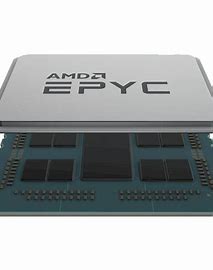
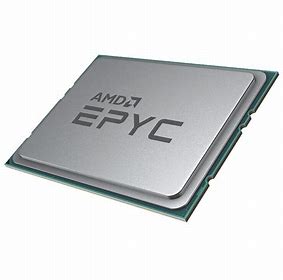
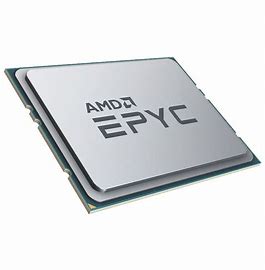
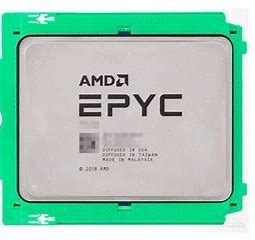
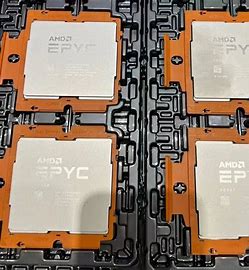
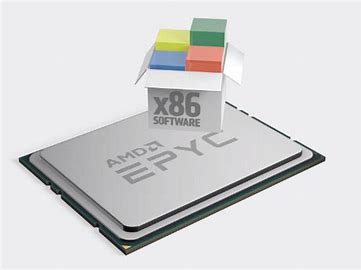
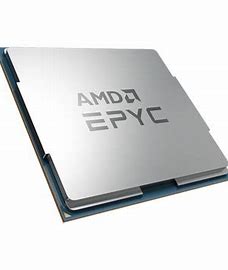

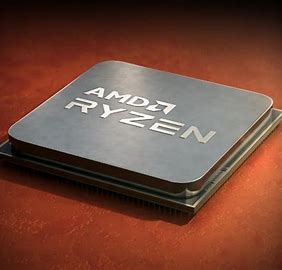
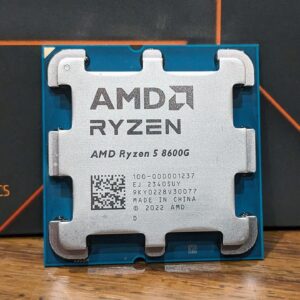
Reviews
There are no reviews yet.